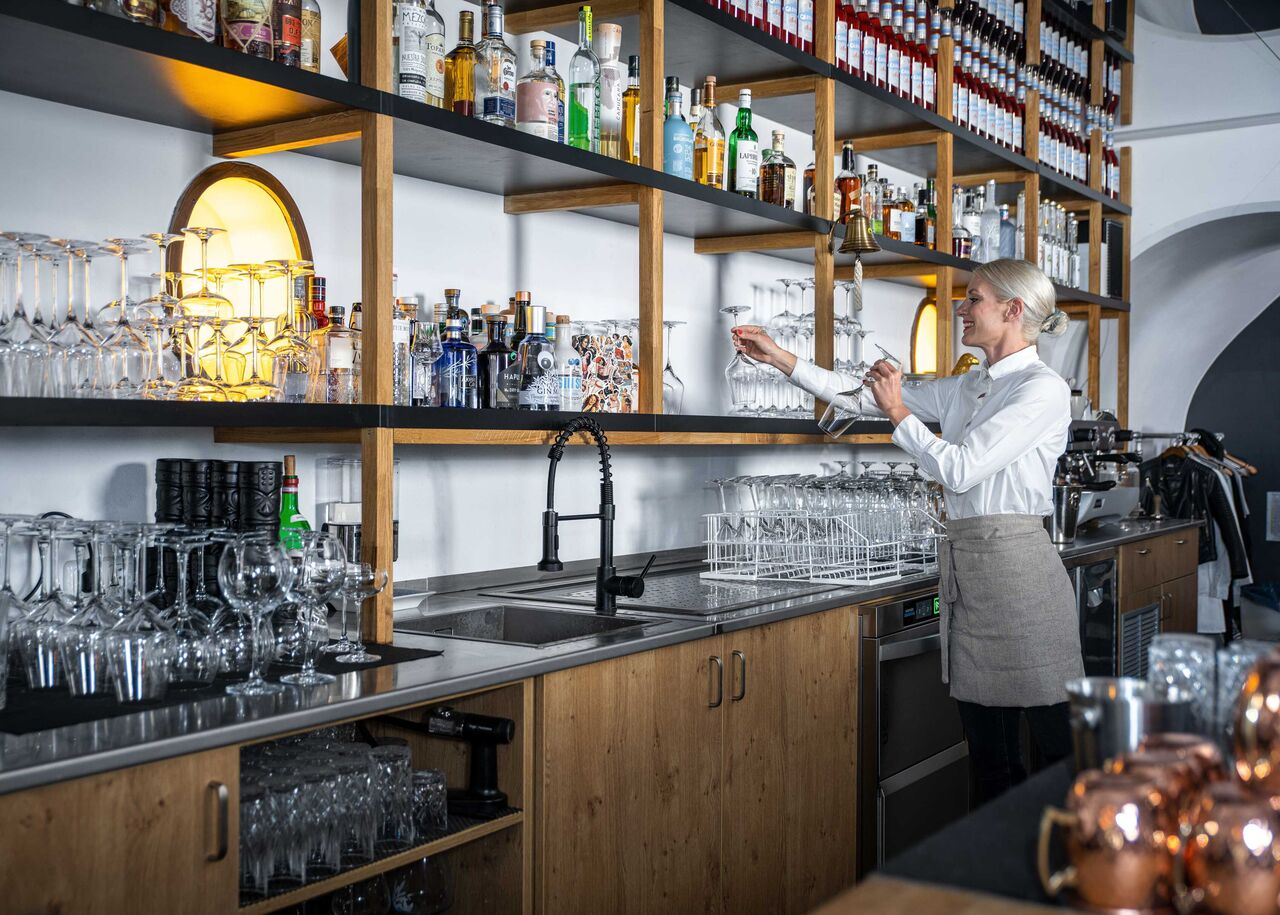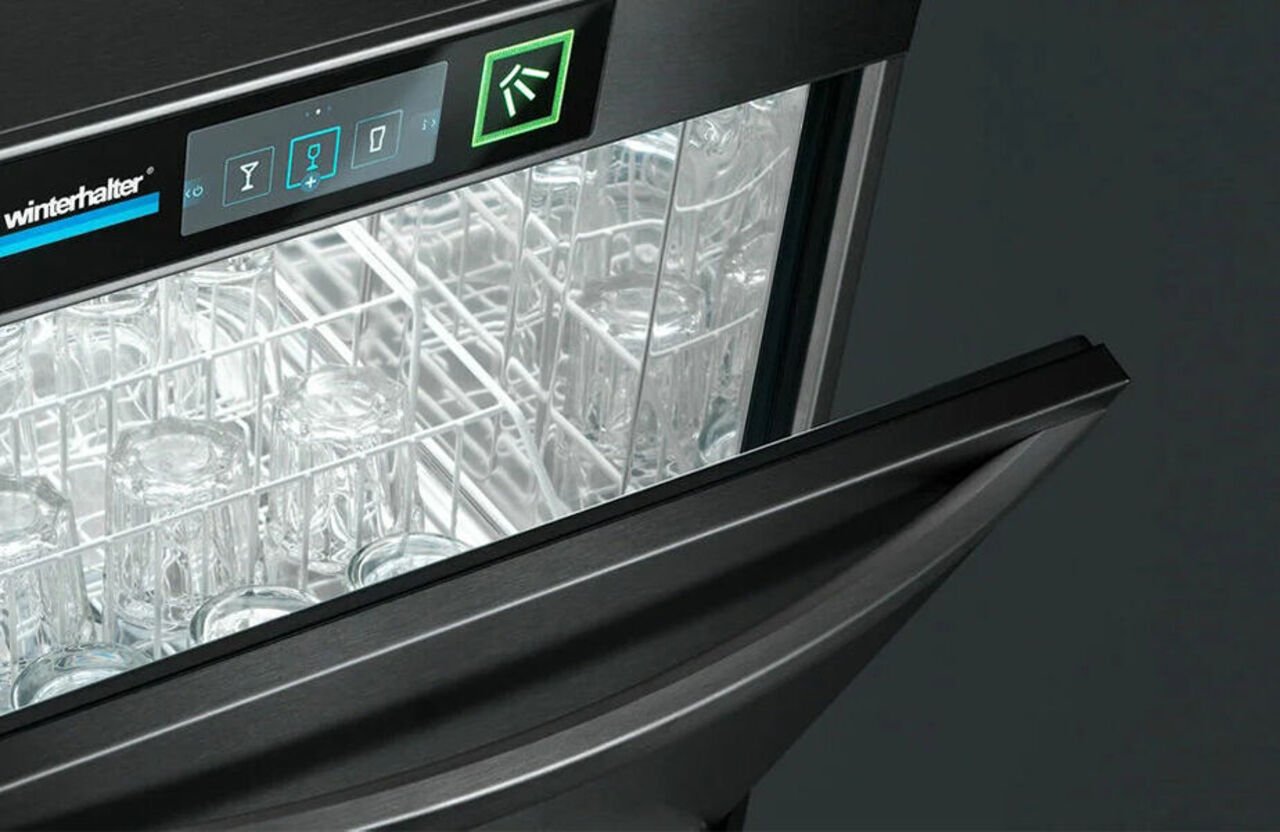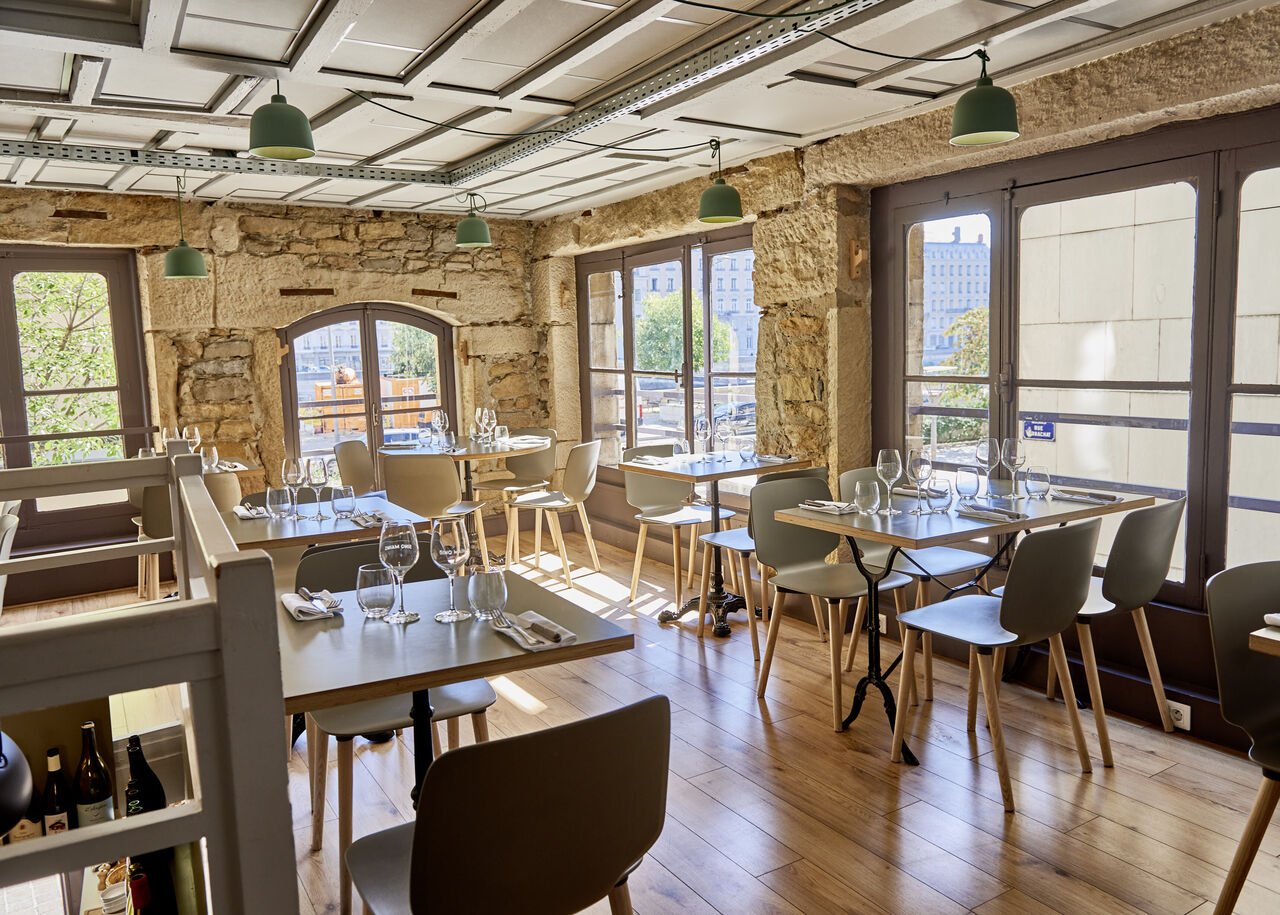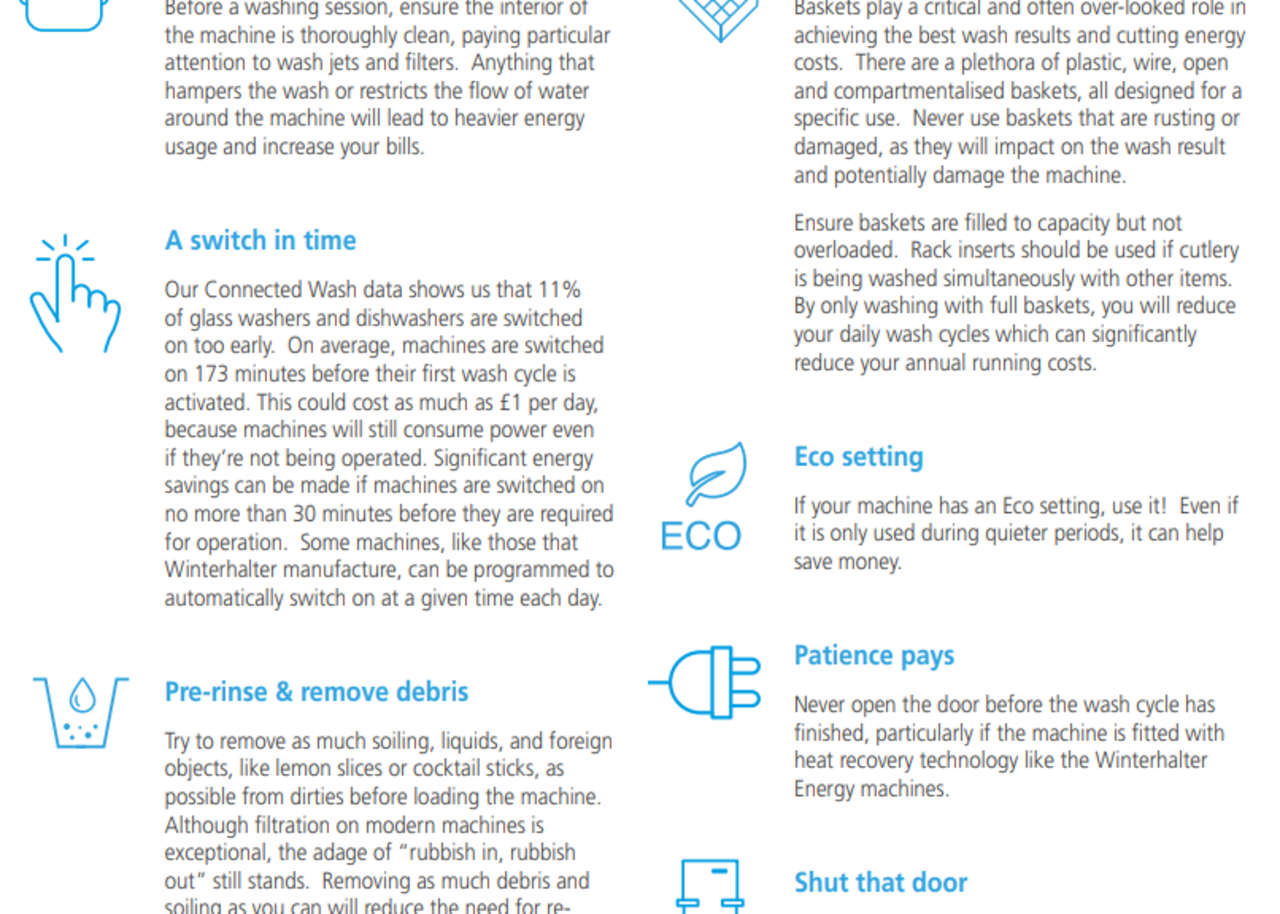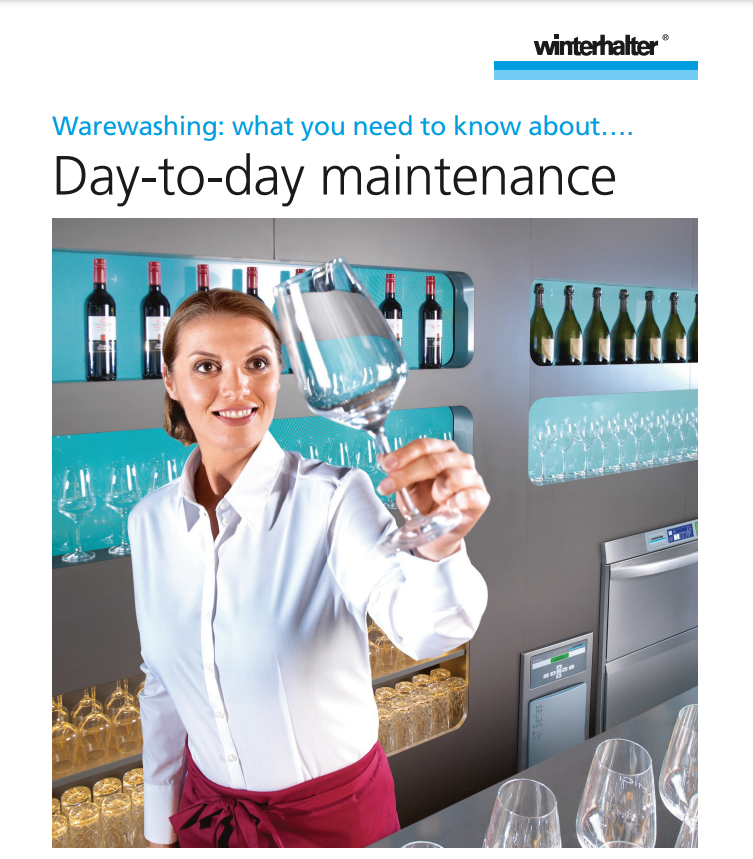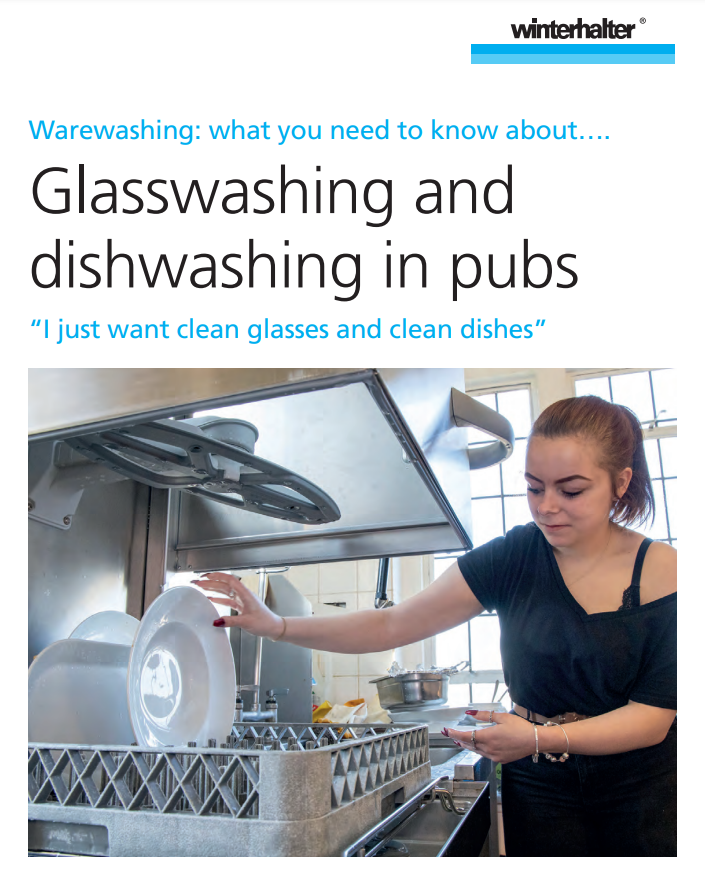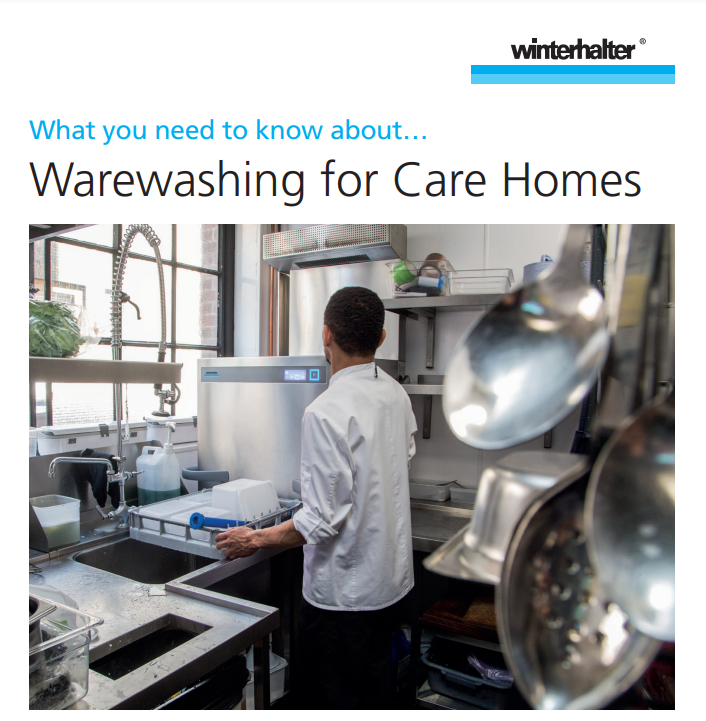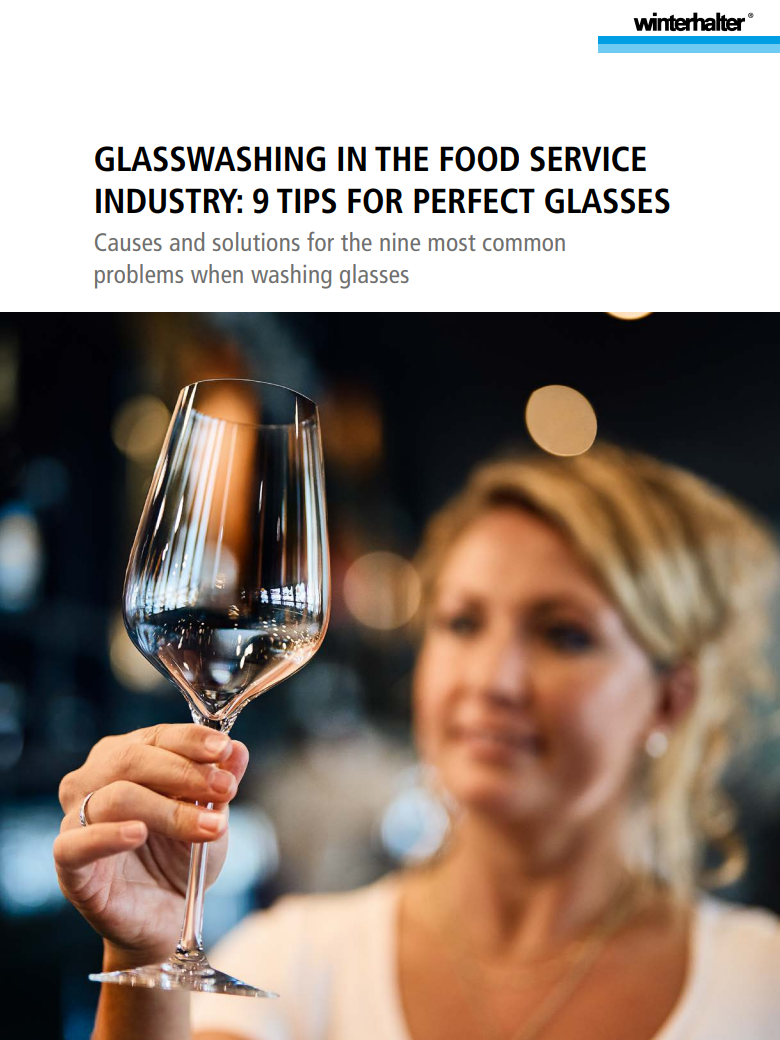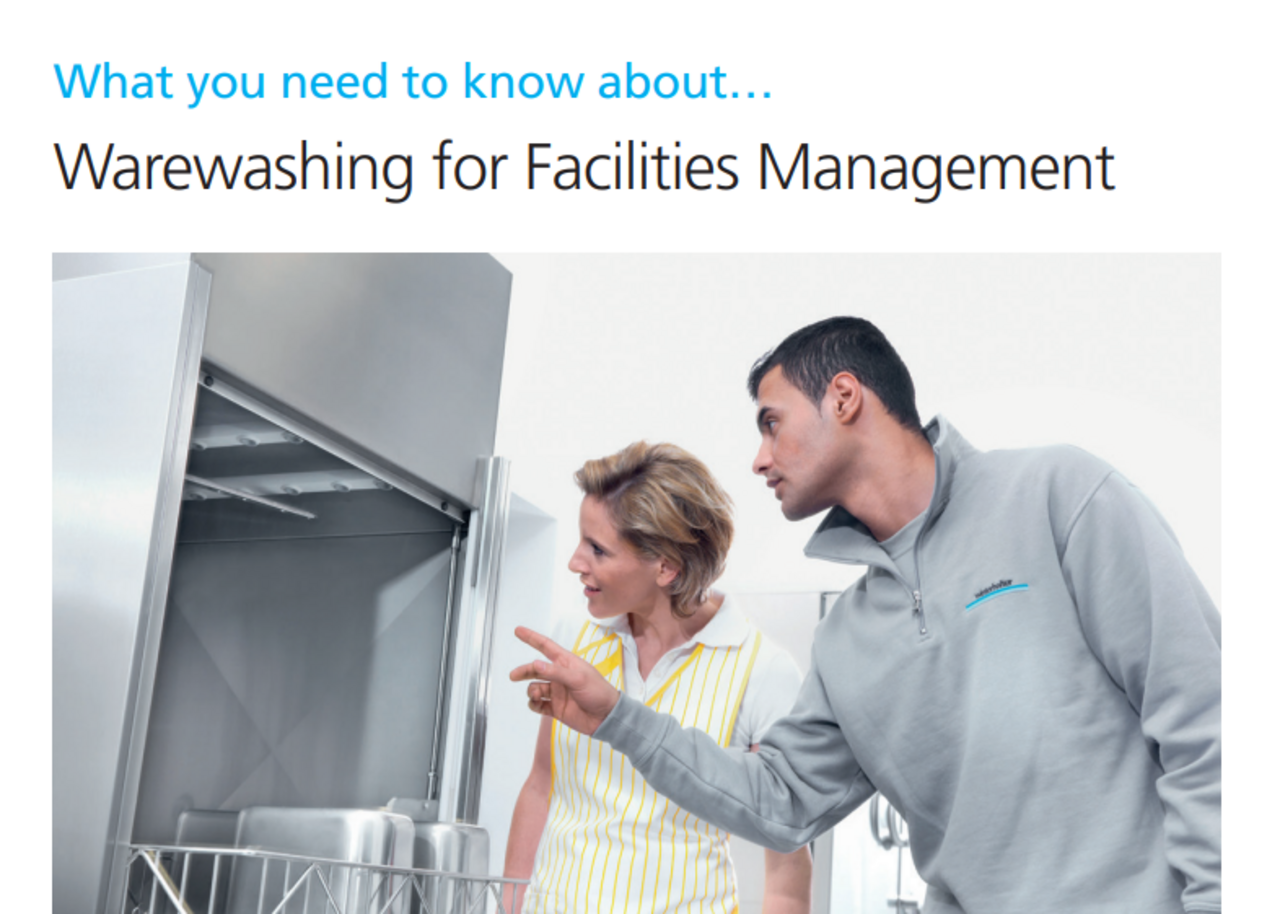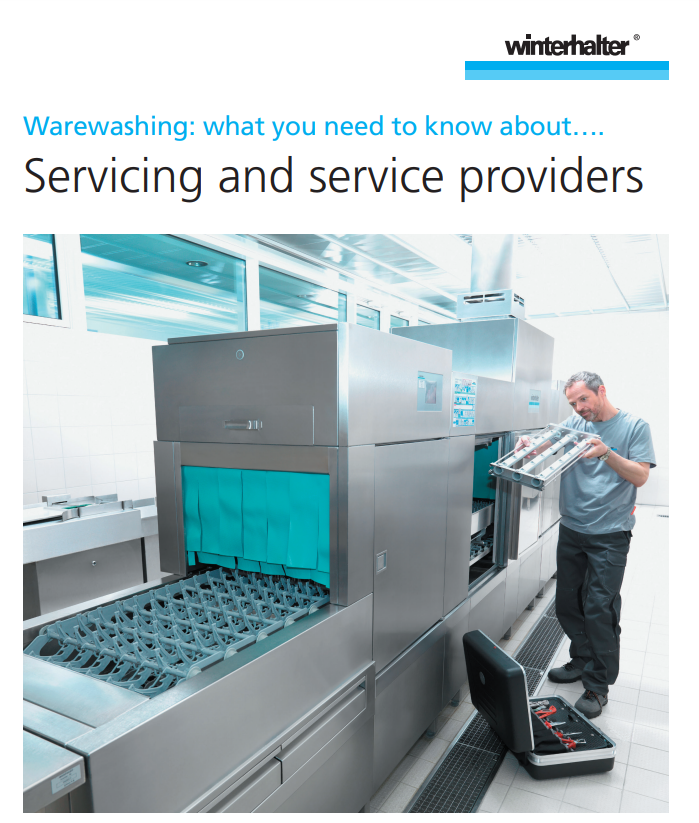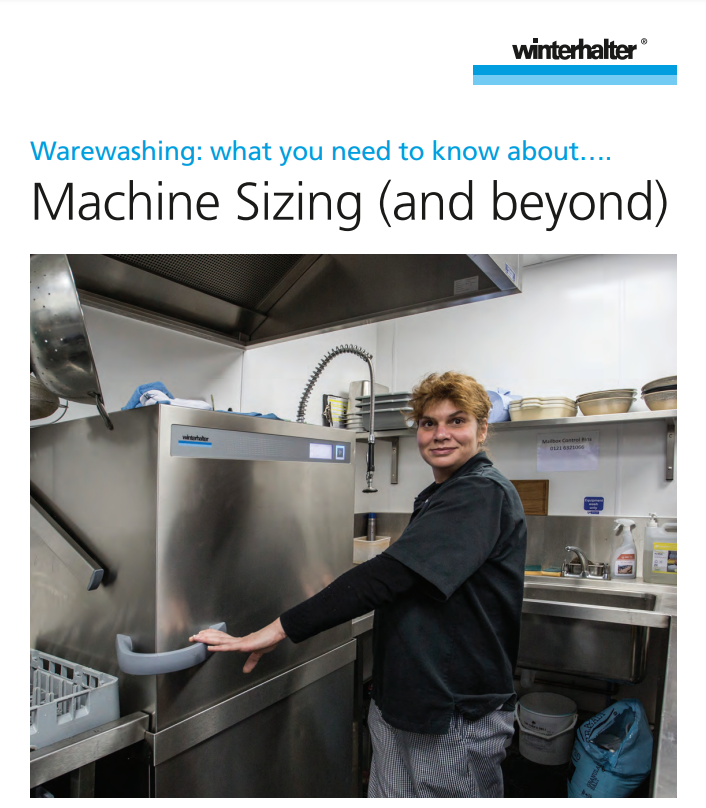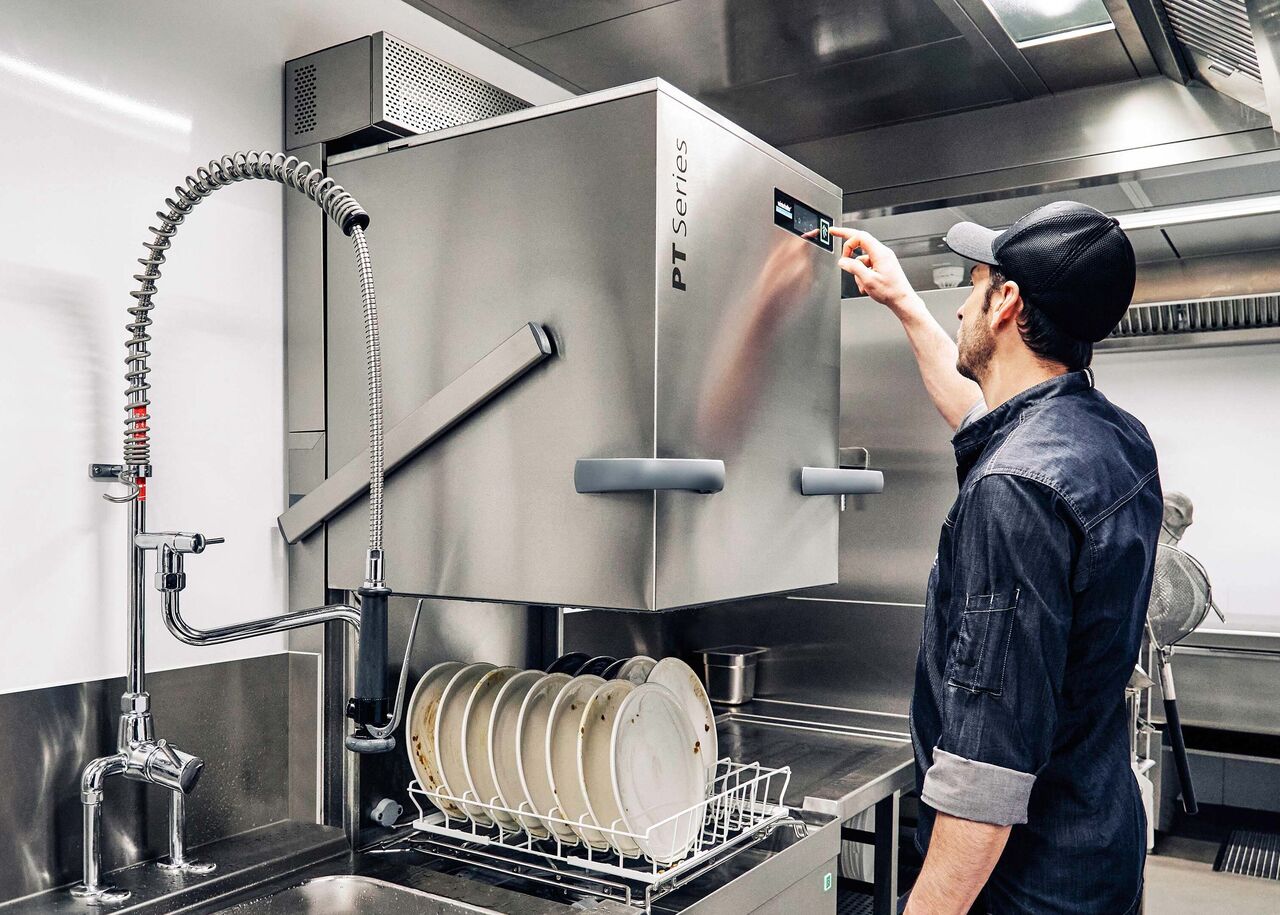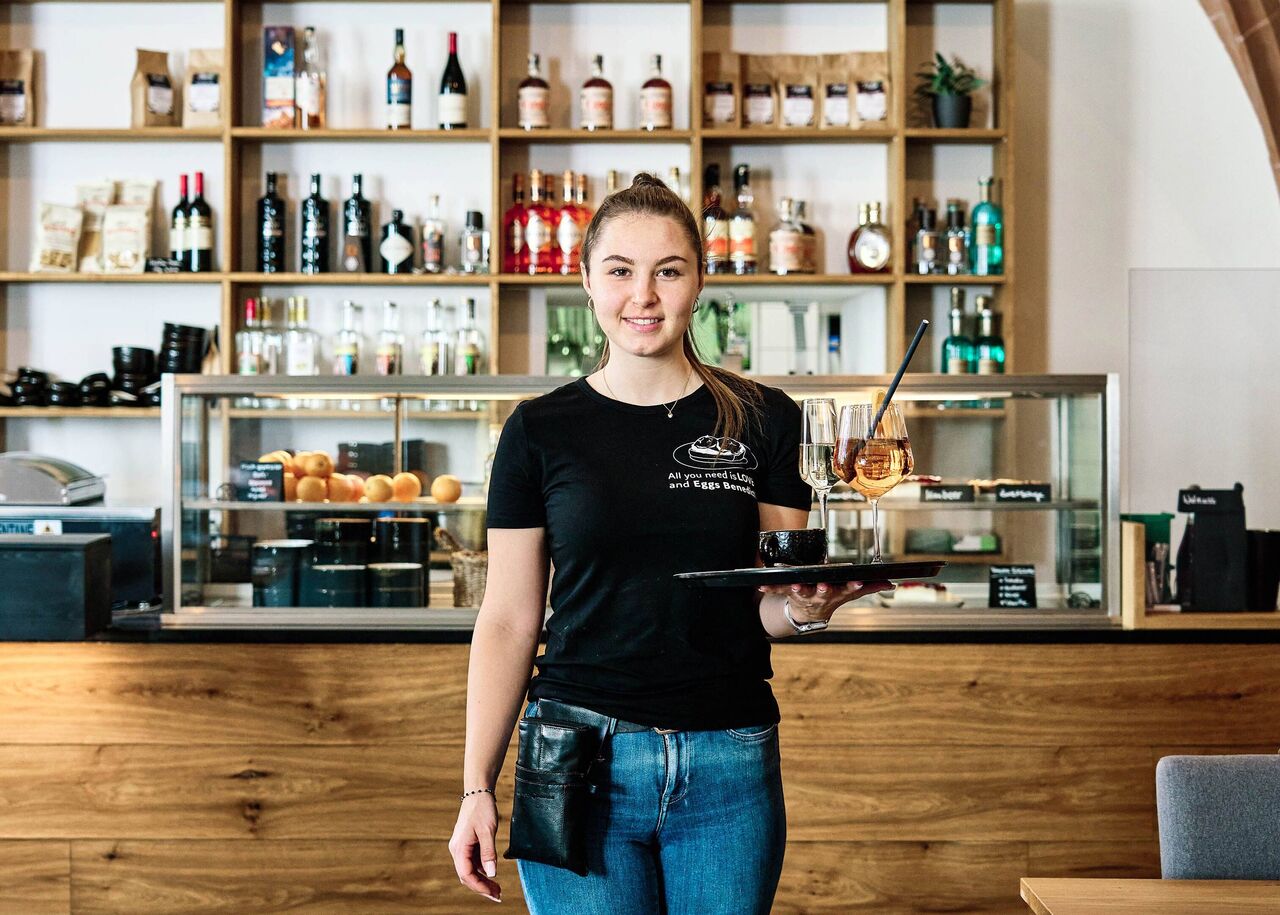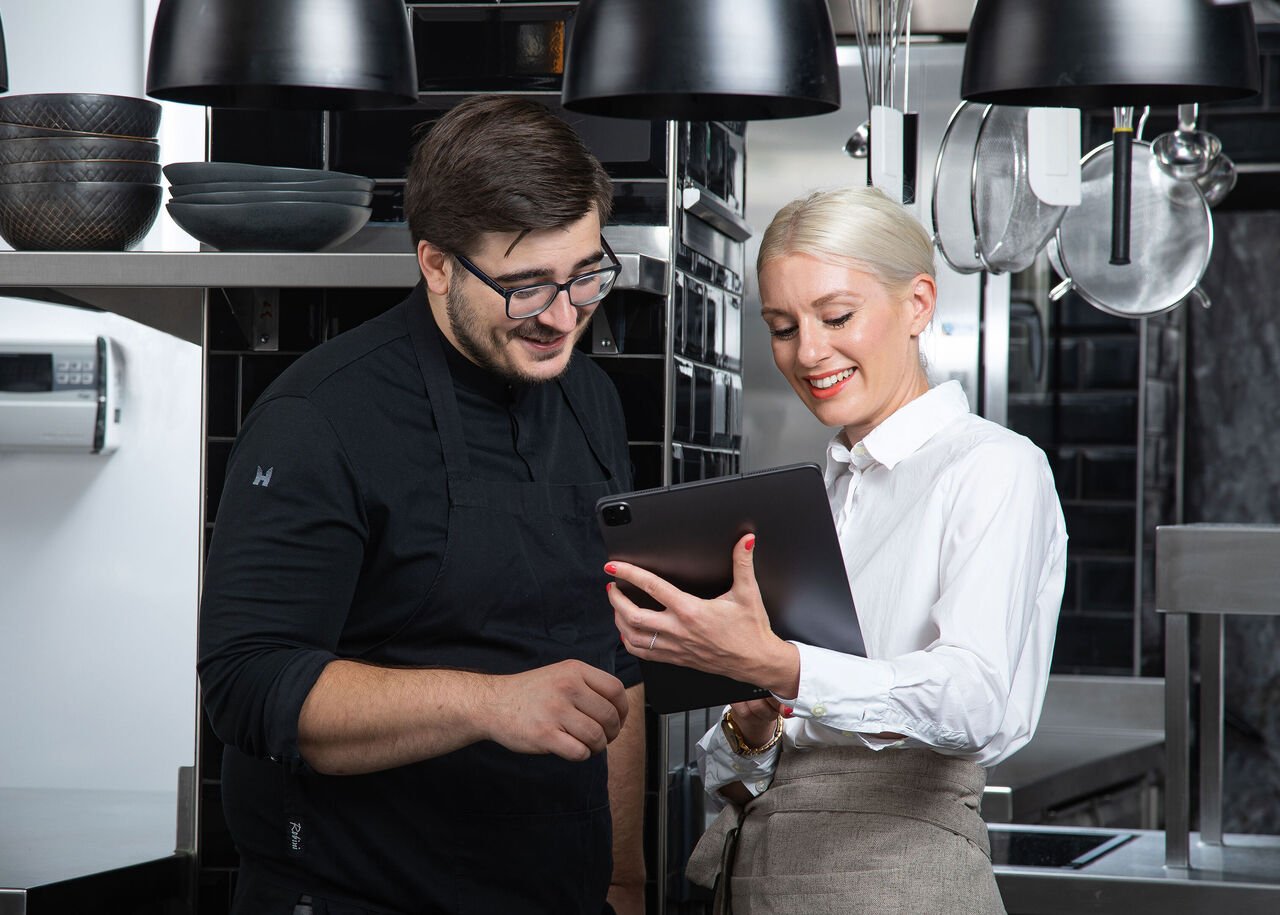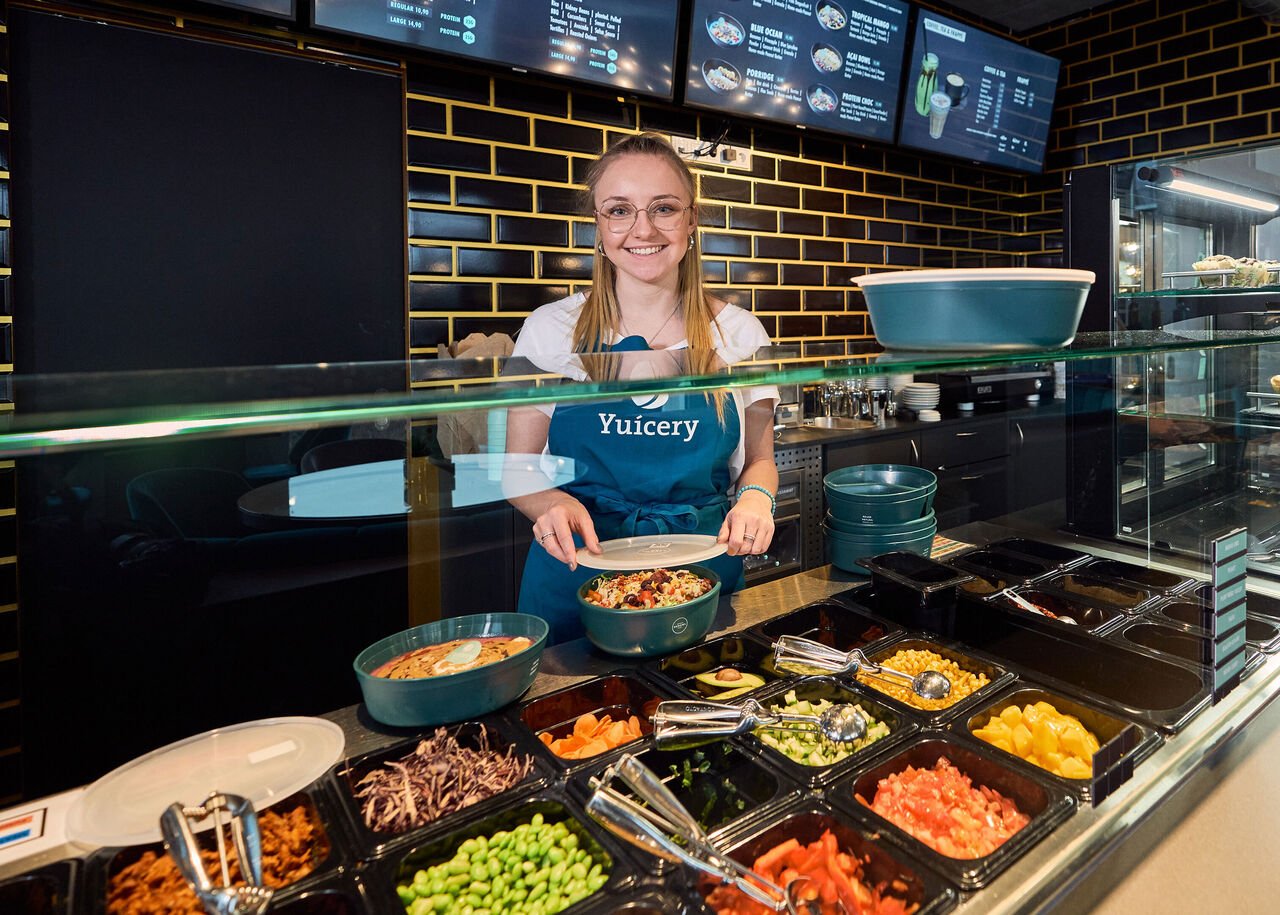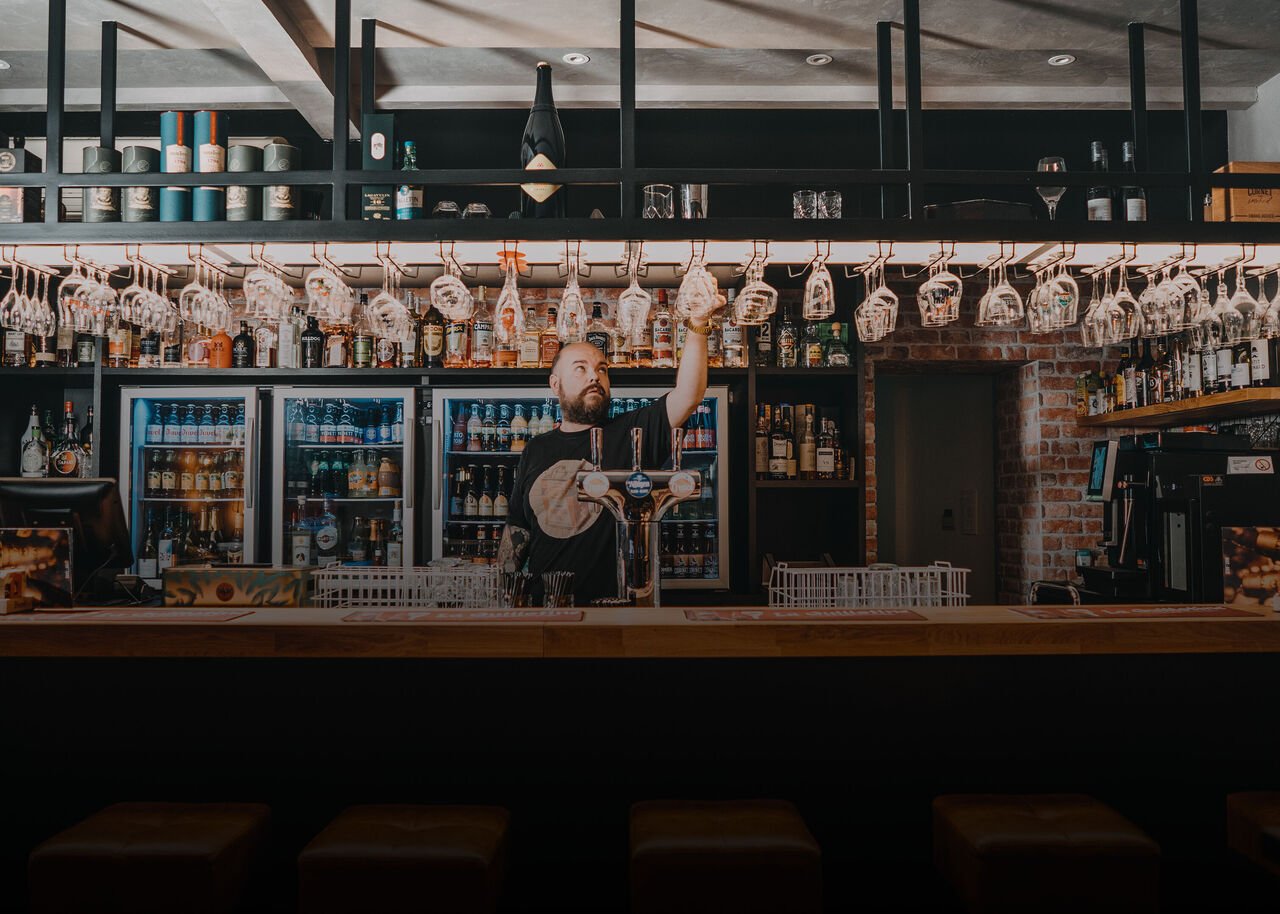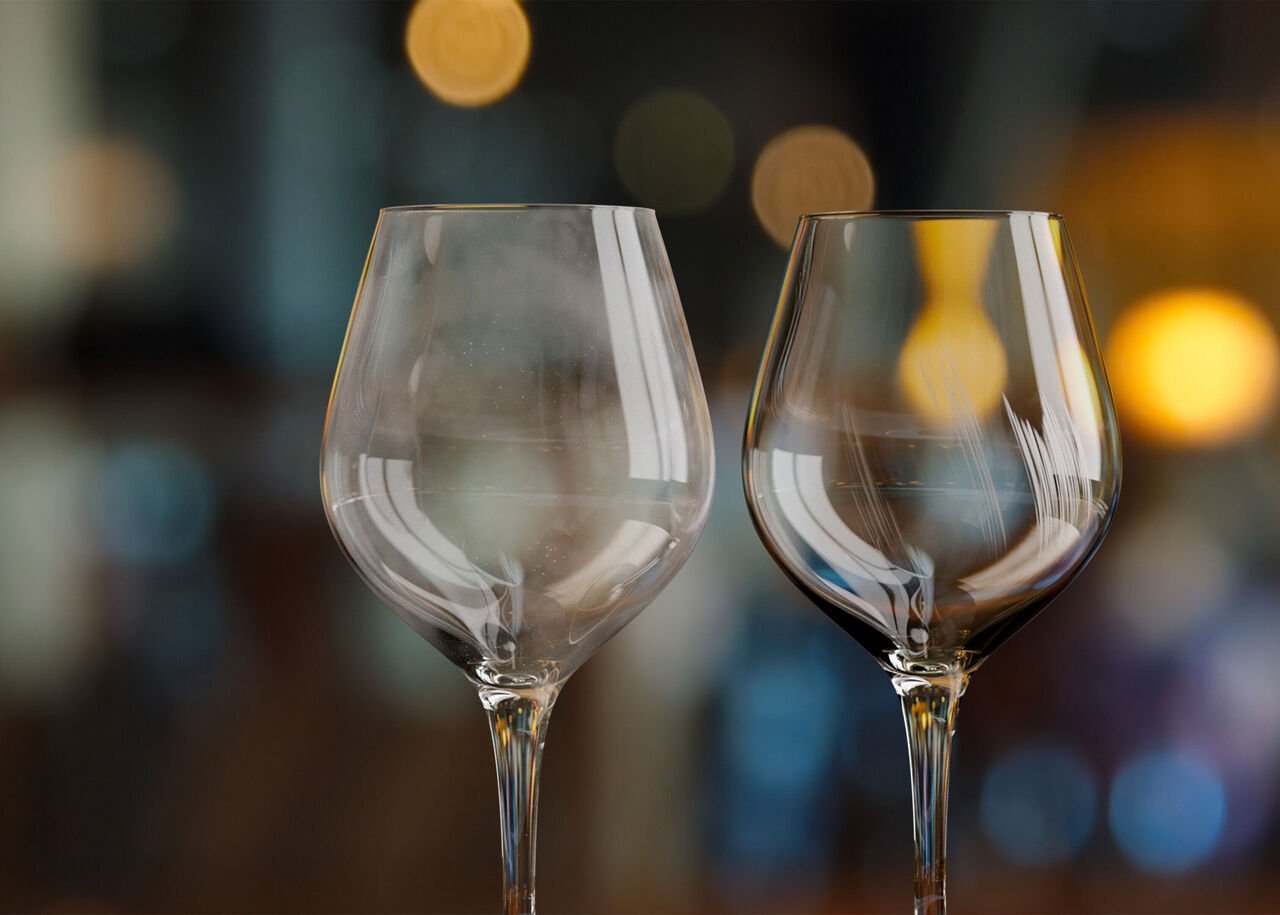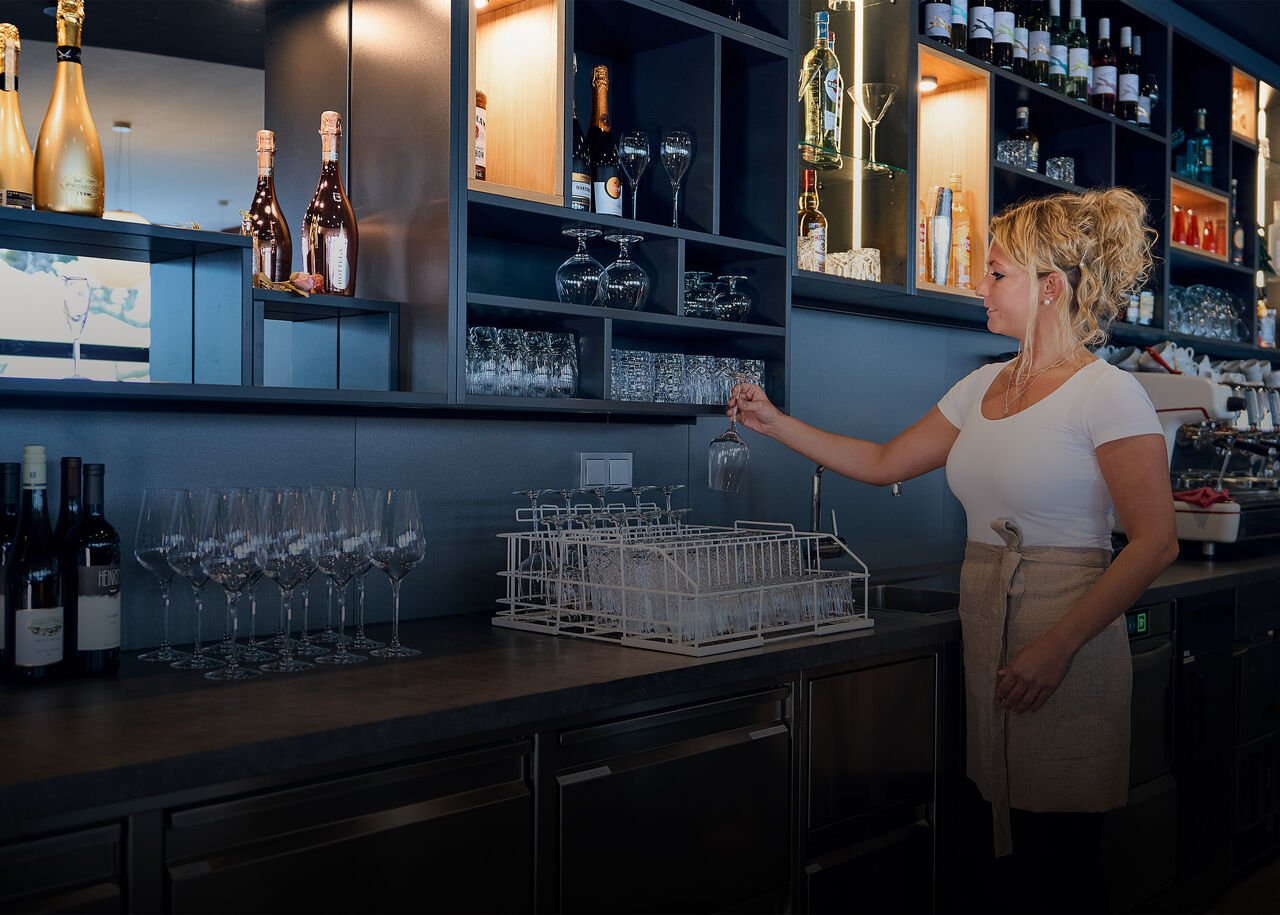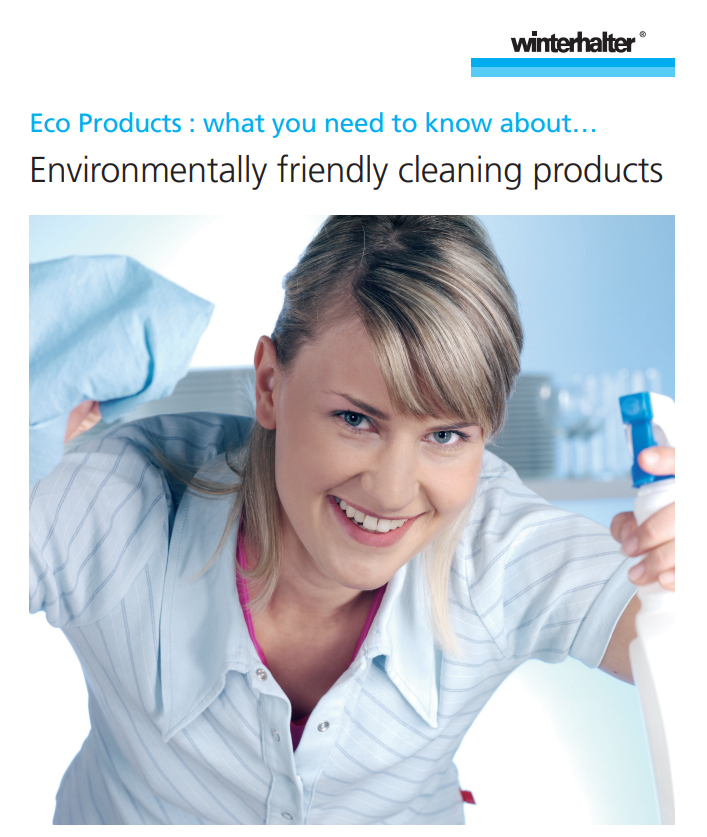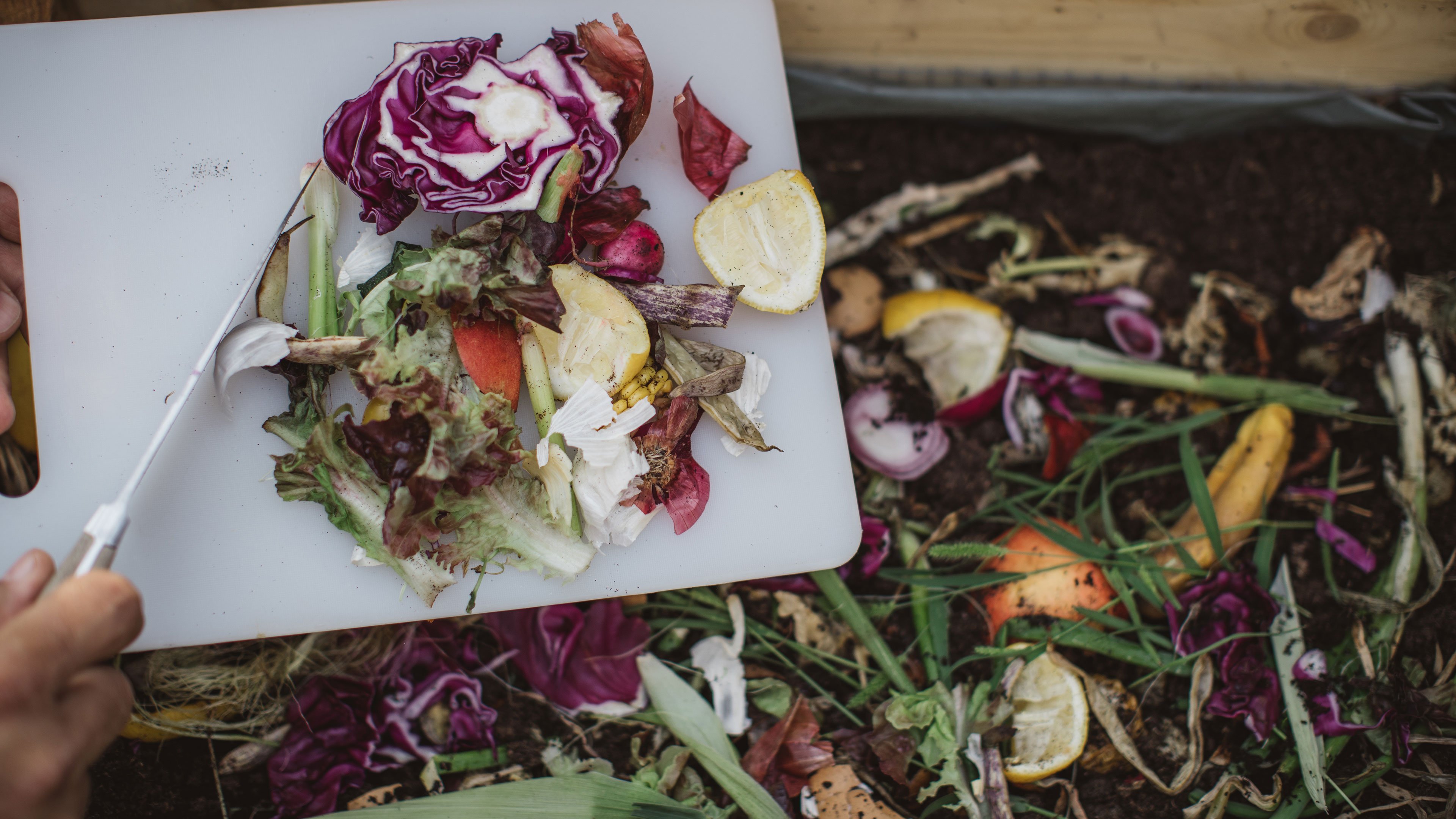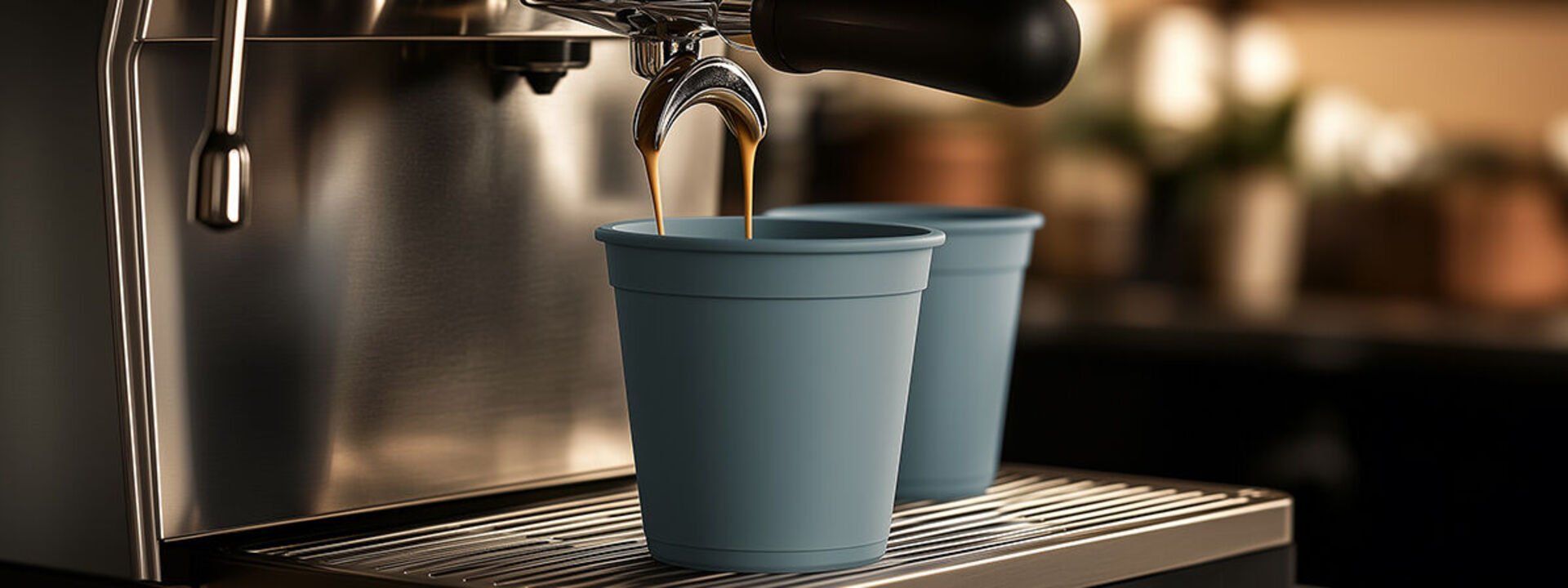
Which reusables are ideal for the catering industry?
Many catering providers have already switched their food and drink provision or take-away business from disposable packaging to reusable packaging. The reasons vary, but every foodservice professional is faced with the same questions: Which reusable items do I need and which material is most suitable? Which reusable system is the best solution? And: is it possible to wash reusables made of plastic or melamine so that cleanliness and hygiene are guaranteed? We would like to answer these and other questions in this article.
What types of reusables are there?
There are now reusables for all kinds of food and drinks - including solutions for pizzas and sushi. Some include covers, dividers or ventilation slots. Here is an overview of the most common products.
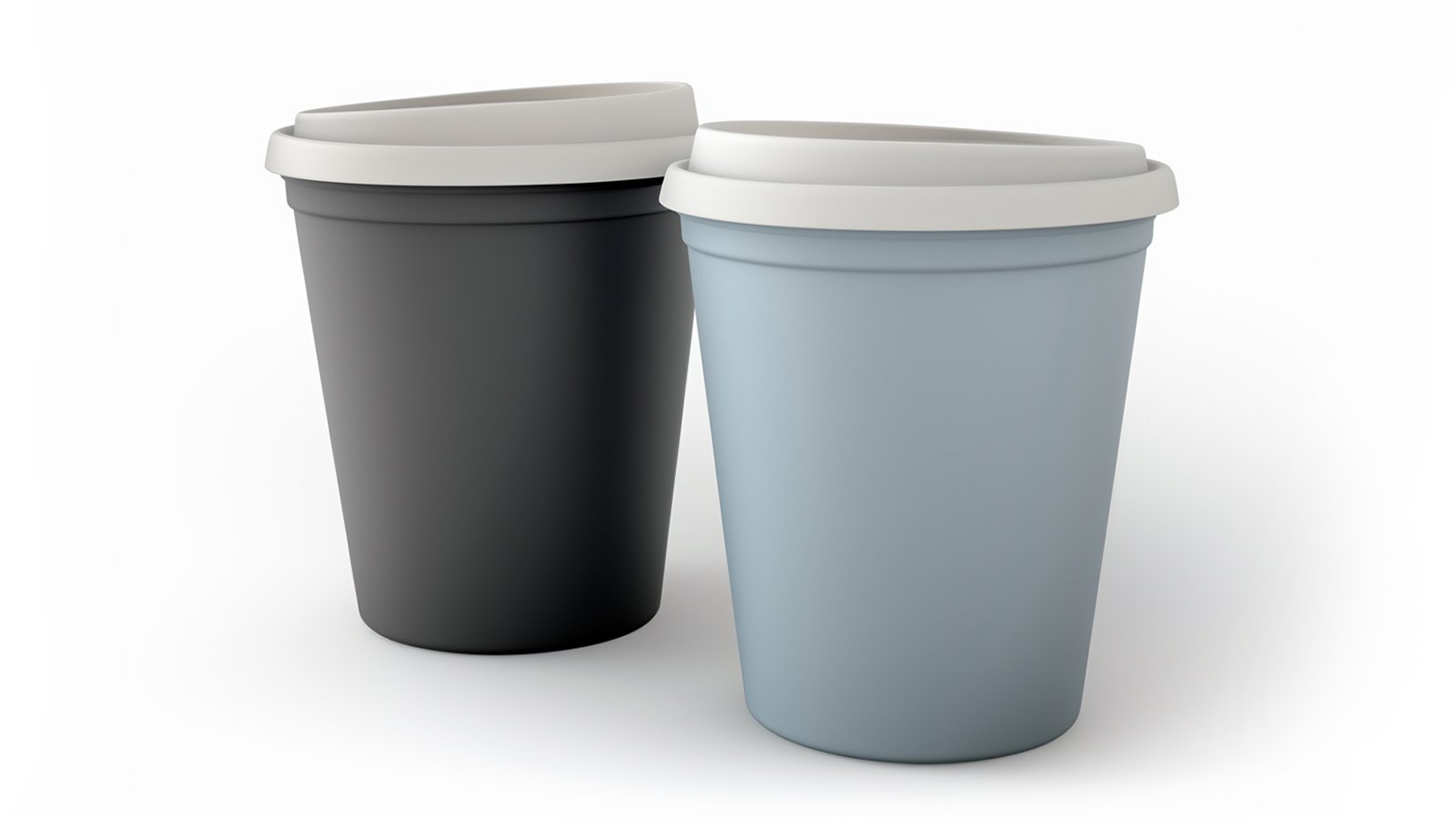
Reusable plastic cups
For popular coffee-to-go. Or a beer, soft drink or cocktail.
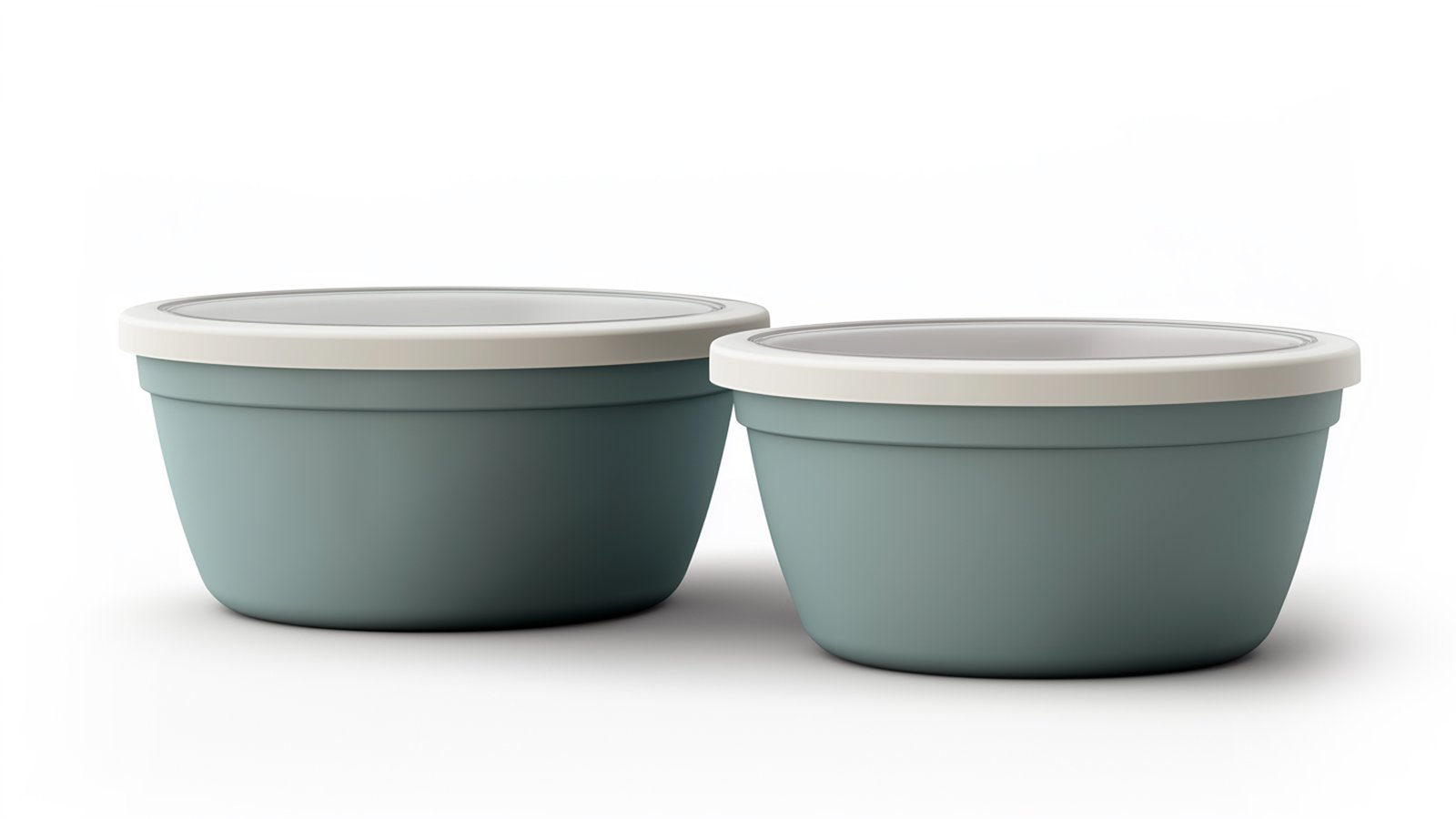
Reusable containers
For salads, soups, burgers and and a variety of other uses. As a box, bowl or dish.
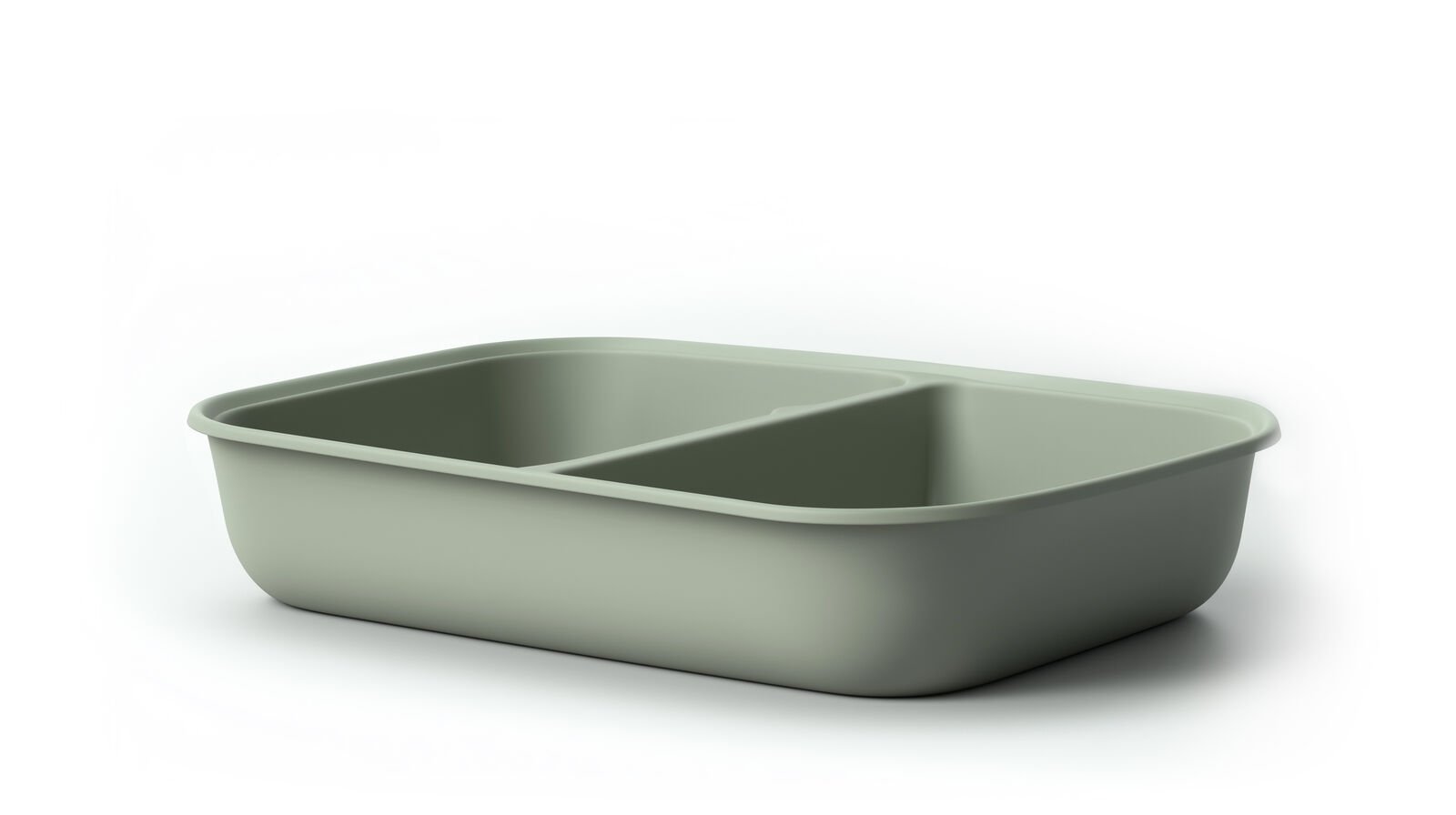
Reusable containers or trays
With separate compartments for separating main course and side dishes.
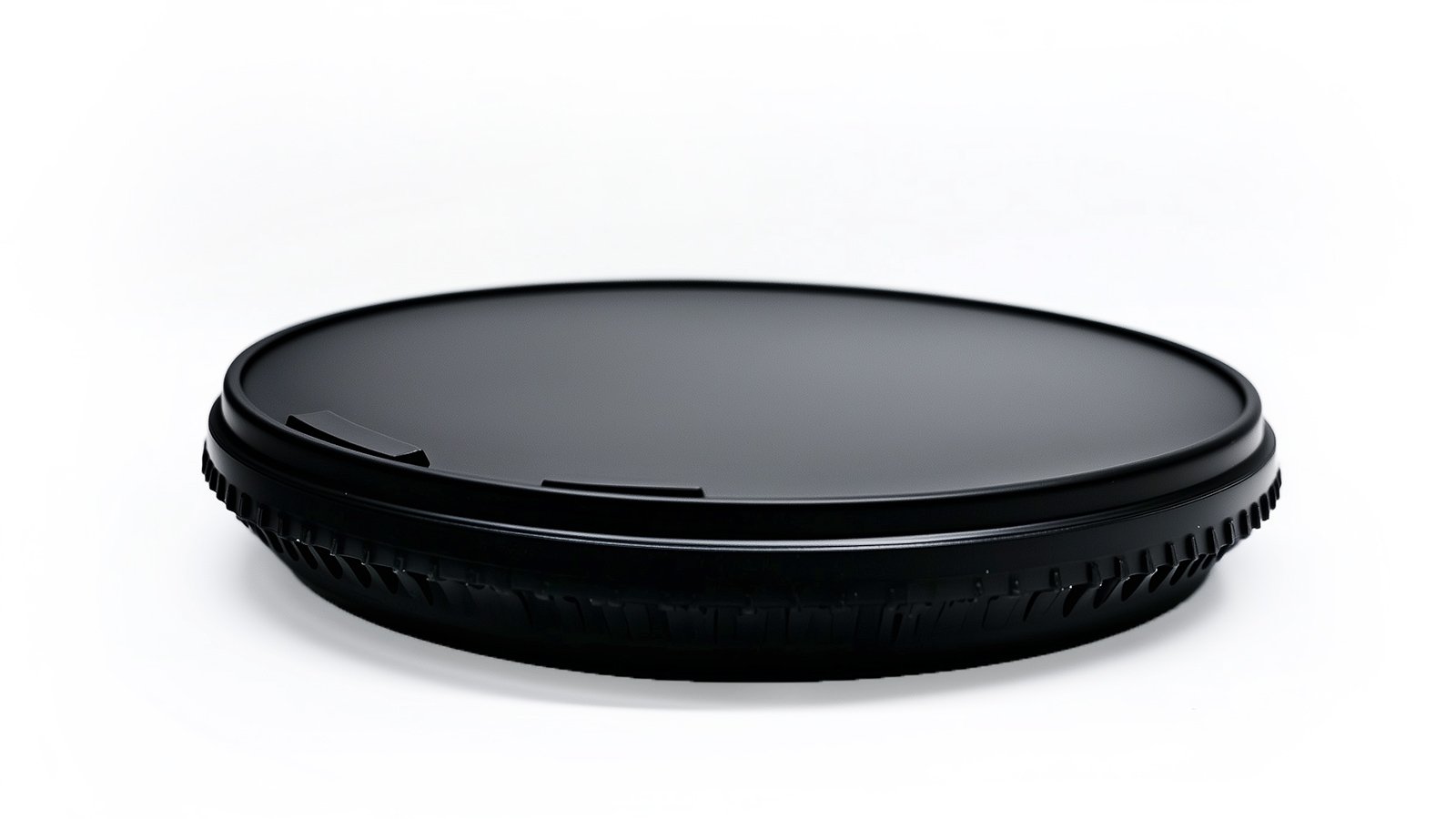
Reusable pizza containers
Round and flat, with cover and ventilation slots for crispy-hot pizzas.
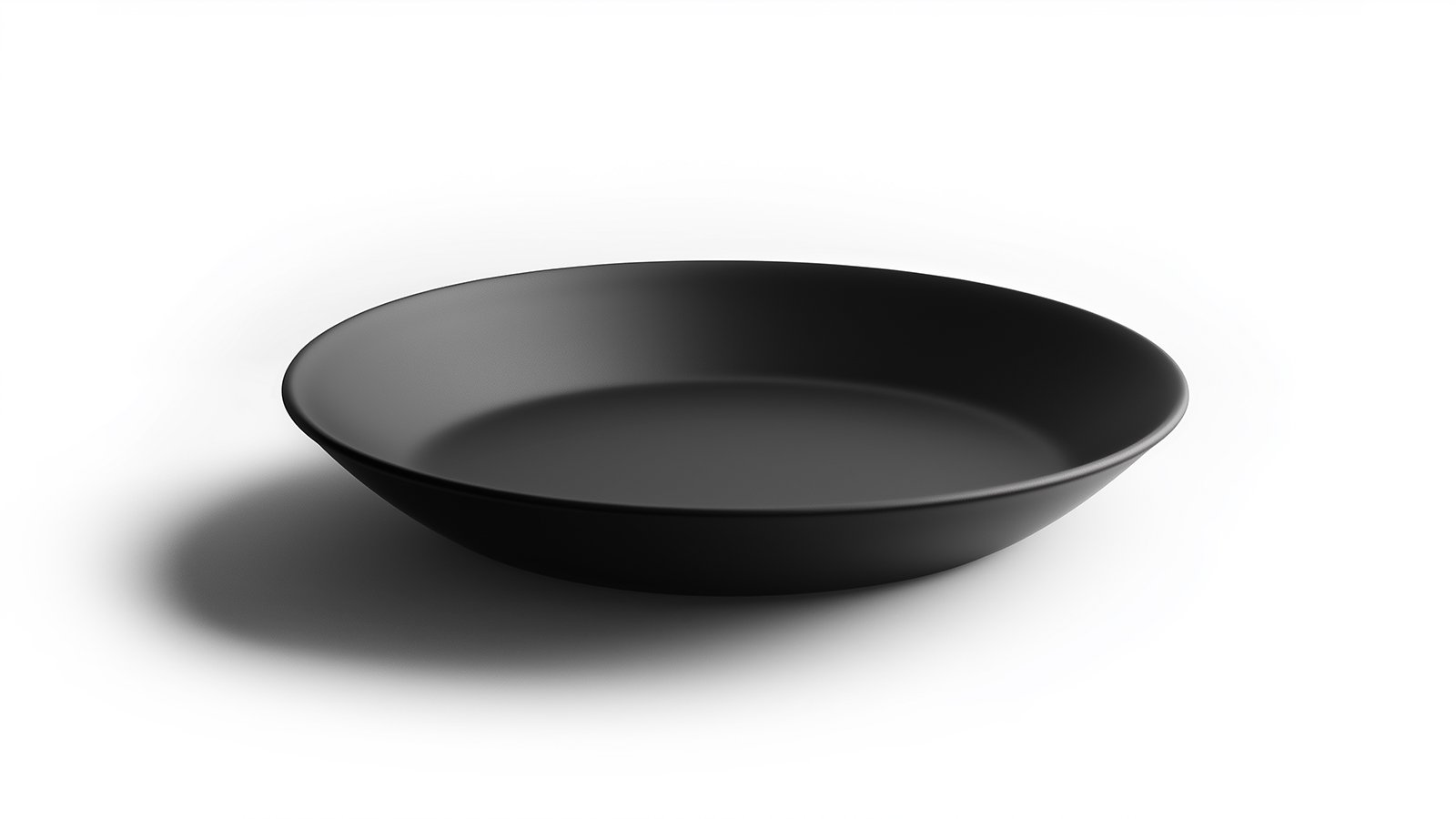
Reusable plates
For main courses, buffets and snacks. For the sophisticated take-away.
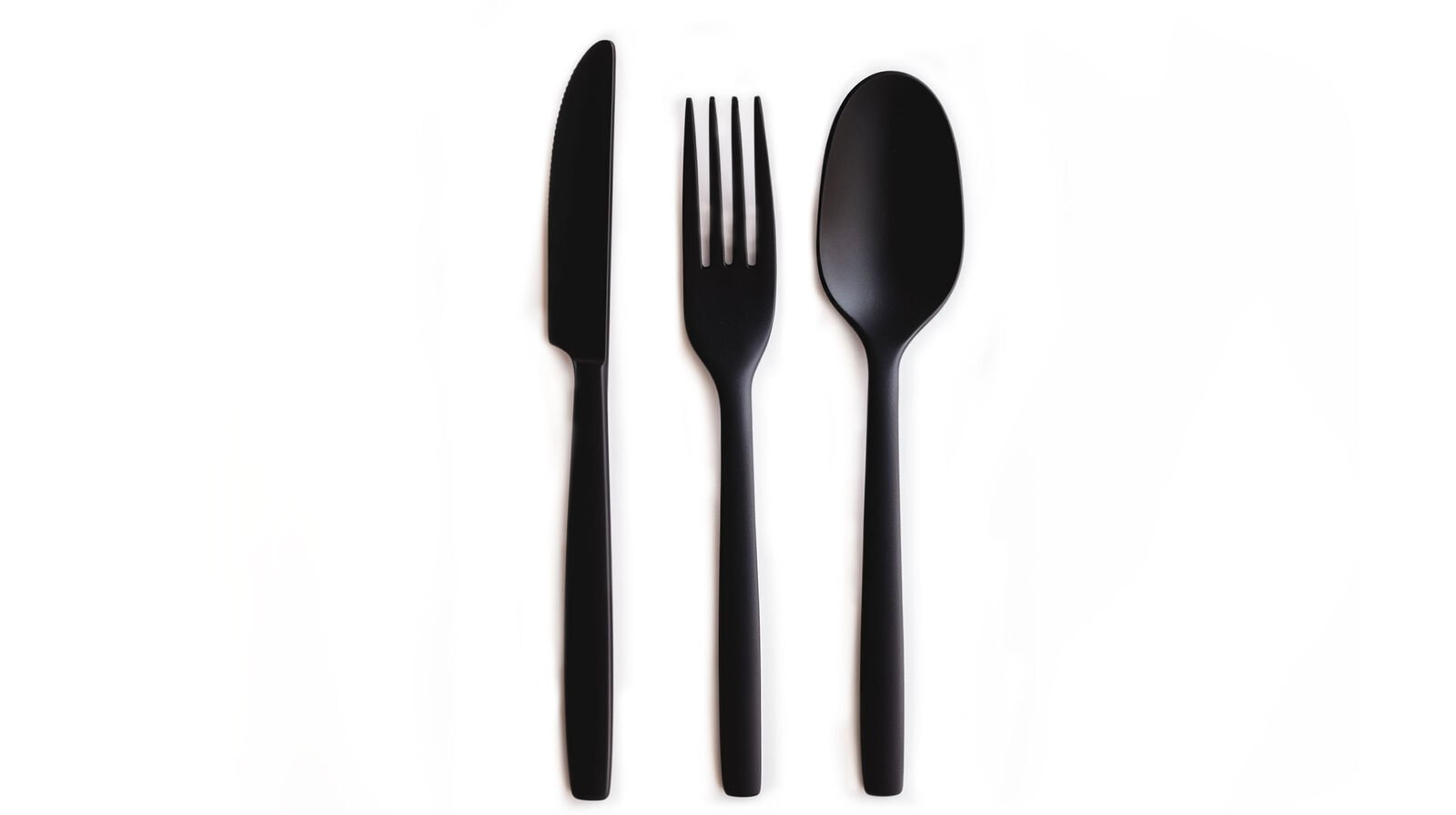
Reusable cutlery
Knives, forks, spoons and chopsticks. For an enjoyable meal.
What materials are reusables for foodservice made from?
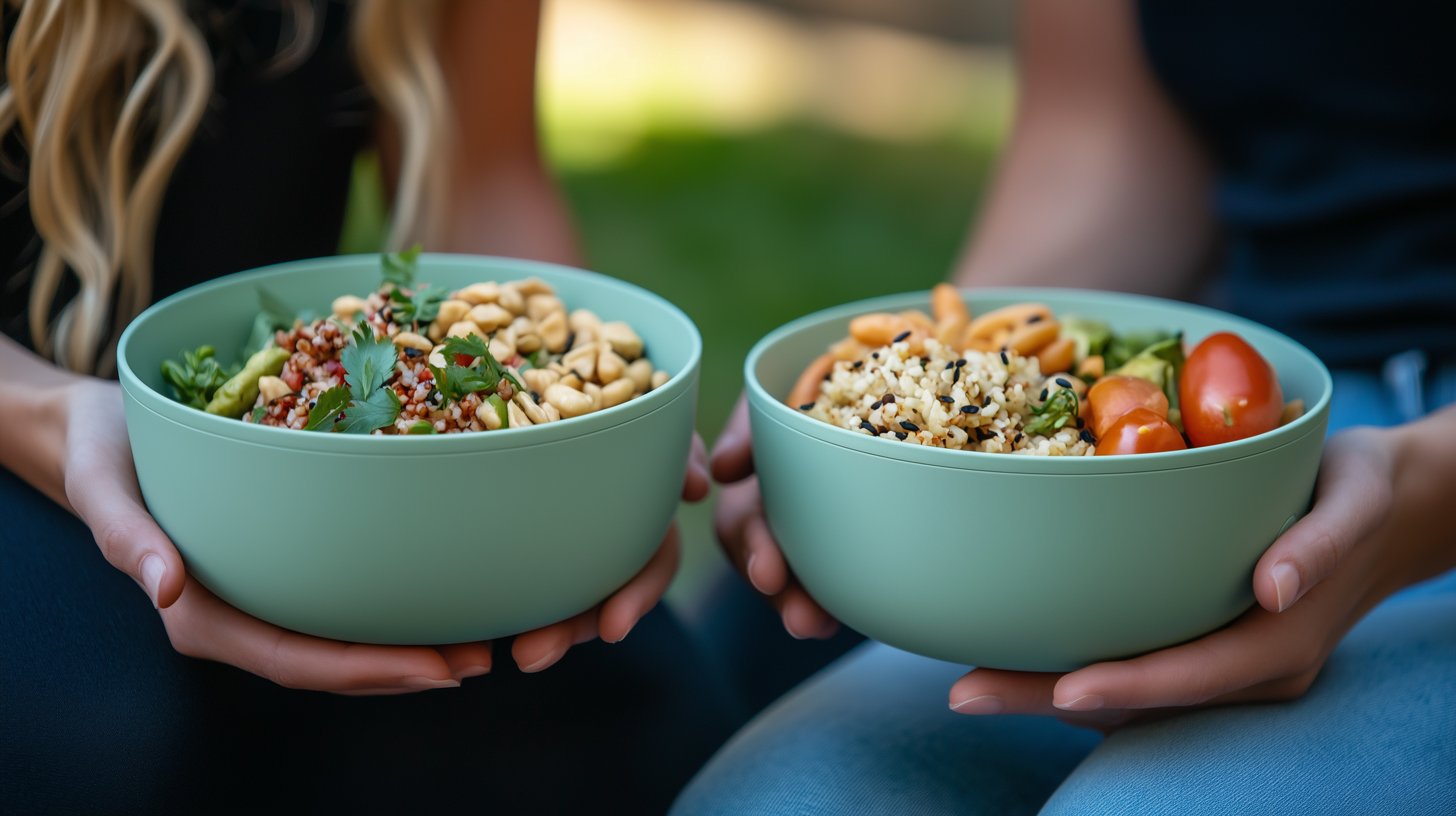
Plastic or melamine
The polypropylene material offers a whole row of advantages: It is lightweight, easy to stack and shatterproof. It is easy to clean in a machine, can withstand several hundred wash cycles and is therefore very durable. It is also 100% recyclable.
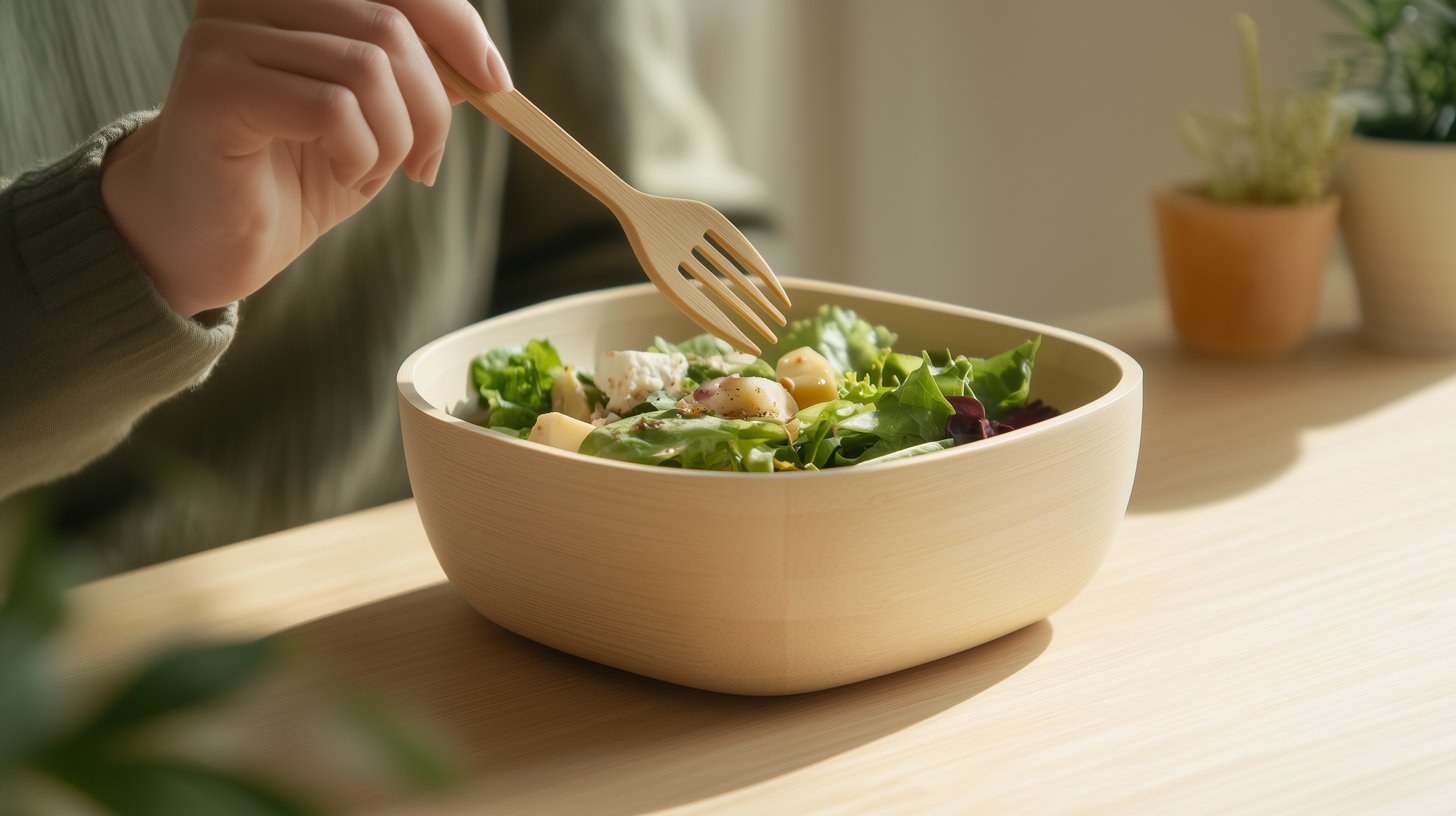
Renewable raw materials
Organic reusables made from wood, bamboo, palm leaf or other renewable raw materials score highly in terms of sustainability. A certain amount of plastic is usually added during production in order to fulfil the high requirements of the foodservice industry.
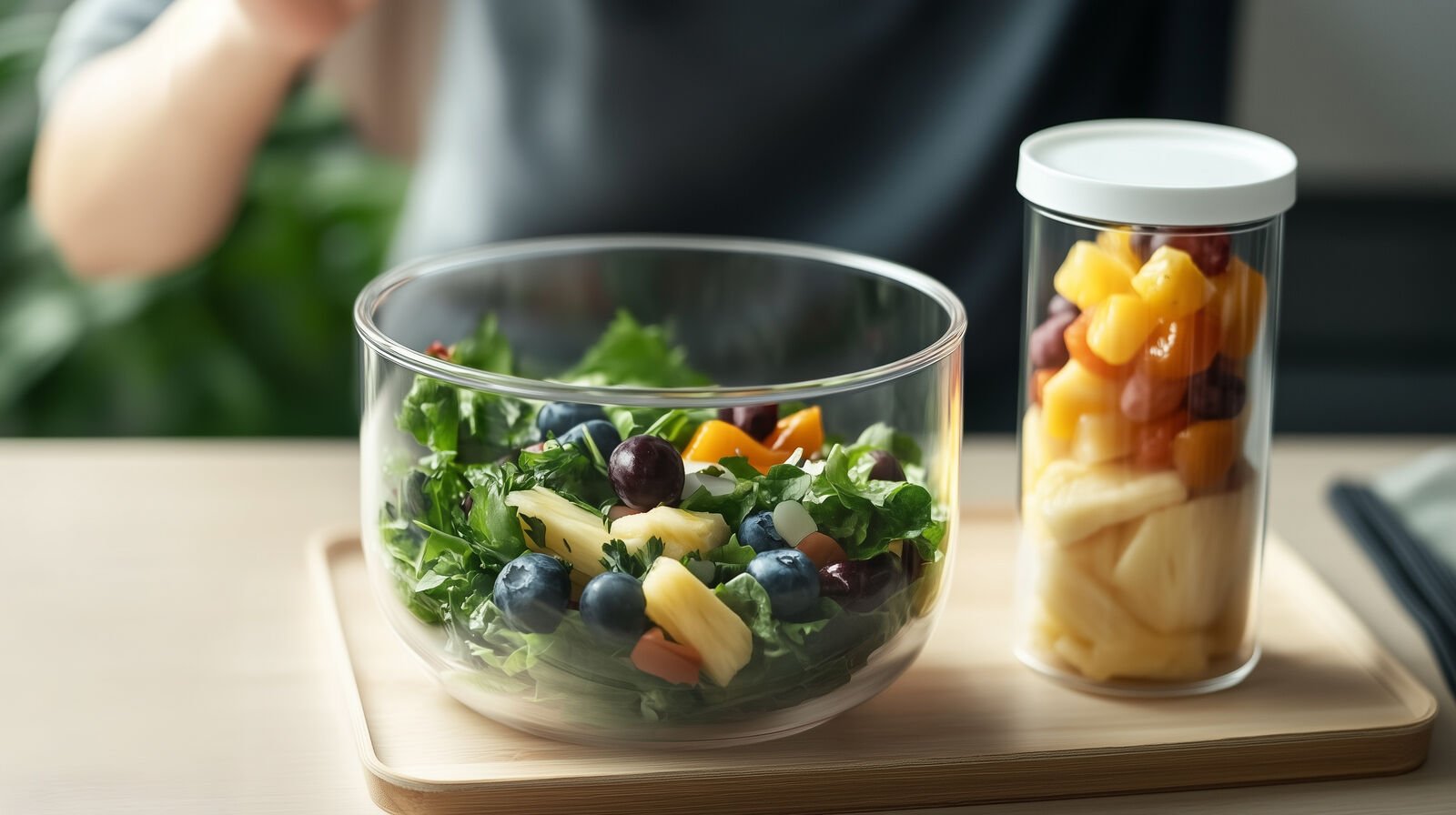
Glass
Glass is the most climate-friendly option for reusables: it can withstand more than 2,000 wash cycles in a machine, is 100% recyclable and can be recycled an infinite number of times. What's more, glass is durable and scratch-resistant, does not absorb odours or flavours and is ovenproof.
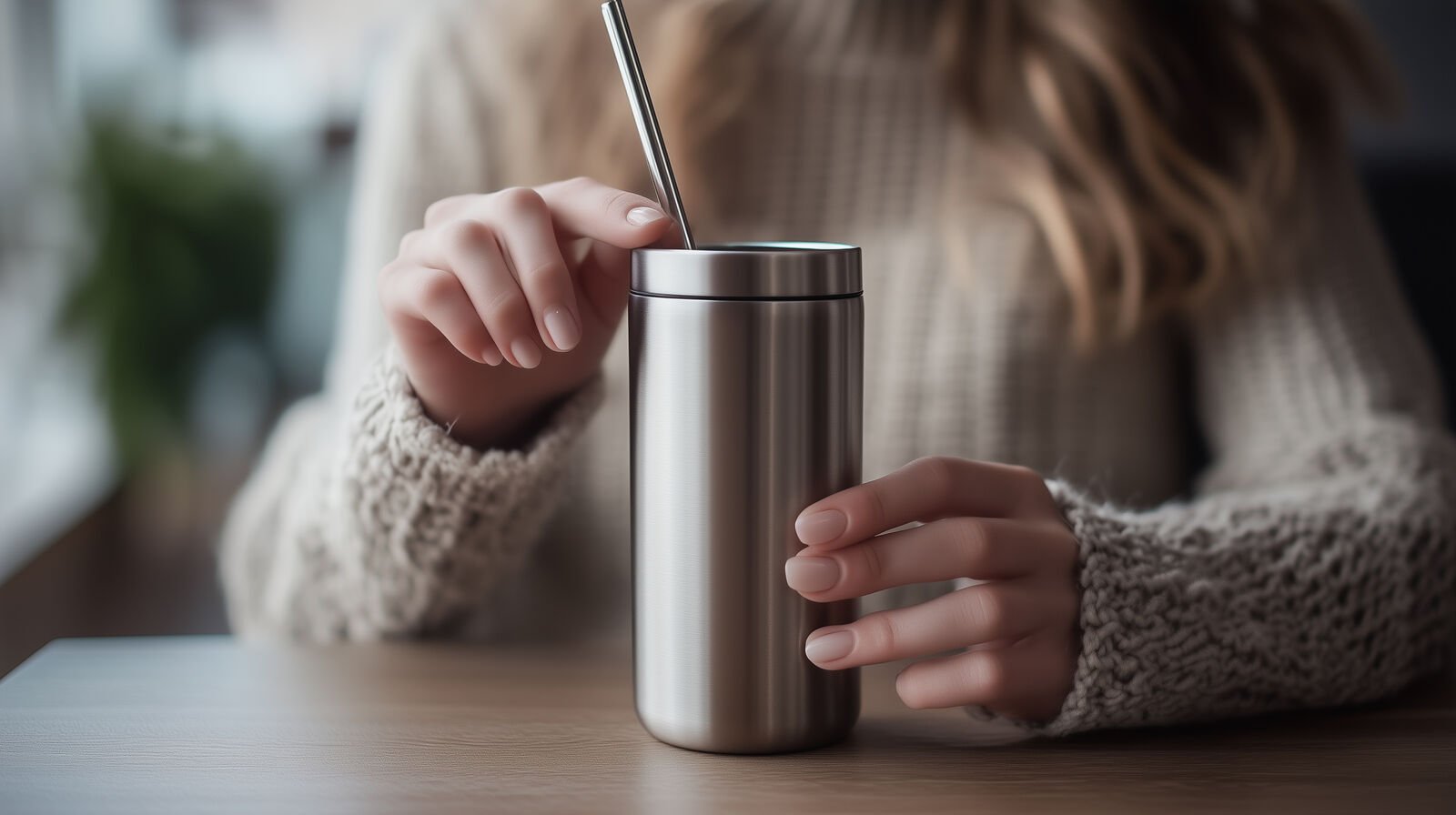
Stainless steel
It is the premium solution without plastic and unbeatable when food and drinks need to be kept warm (or cool) for a longer period of time: Stainless steel is tasteless, extremely robust and durable. It can withstand several thousand wash cycles and can be completely recycled.
What general properties should reusables have in foodservice?
There are also a plethora of other properties that can play a role. For example, products do not contain bisphenol A ("BPA-free"). Or that the products were locally manufactured and are recyclable. And if you decide to use your own reusable solution, the products can be customised and printed with your own logo. Depending on the food on offer, thermal insulation, a base with dividers or filling lines - for example for soups - can also be useful.
What characteristics should reusables have in terms of cleanliness and hygiene?

With regard to cleaning in a warewasher, there is no official labelling requirement for reusable plastics, just two different classifications: "dishwasher-safe" or "dishwasher-suitable". Only if the product has been officially tested according to the DIN standard may it be labelled as "dishwasher-safe" and show the official symbol with the water jet (see illustration). The counter above the water jet indicates how often the reusable packaging can be cleaned in a warewasher without being damaged (e.g. deformation). The guideline value for reusable packaging applied in foodservice is at least 500 wash cycles.
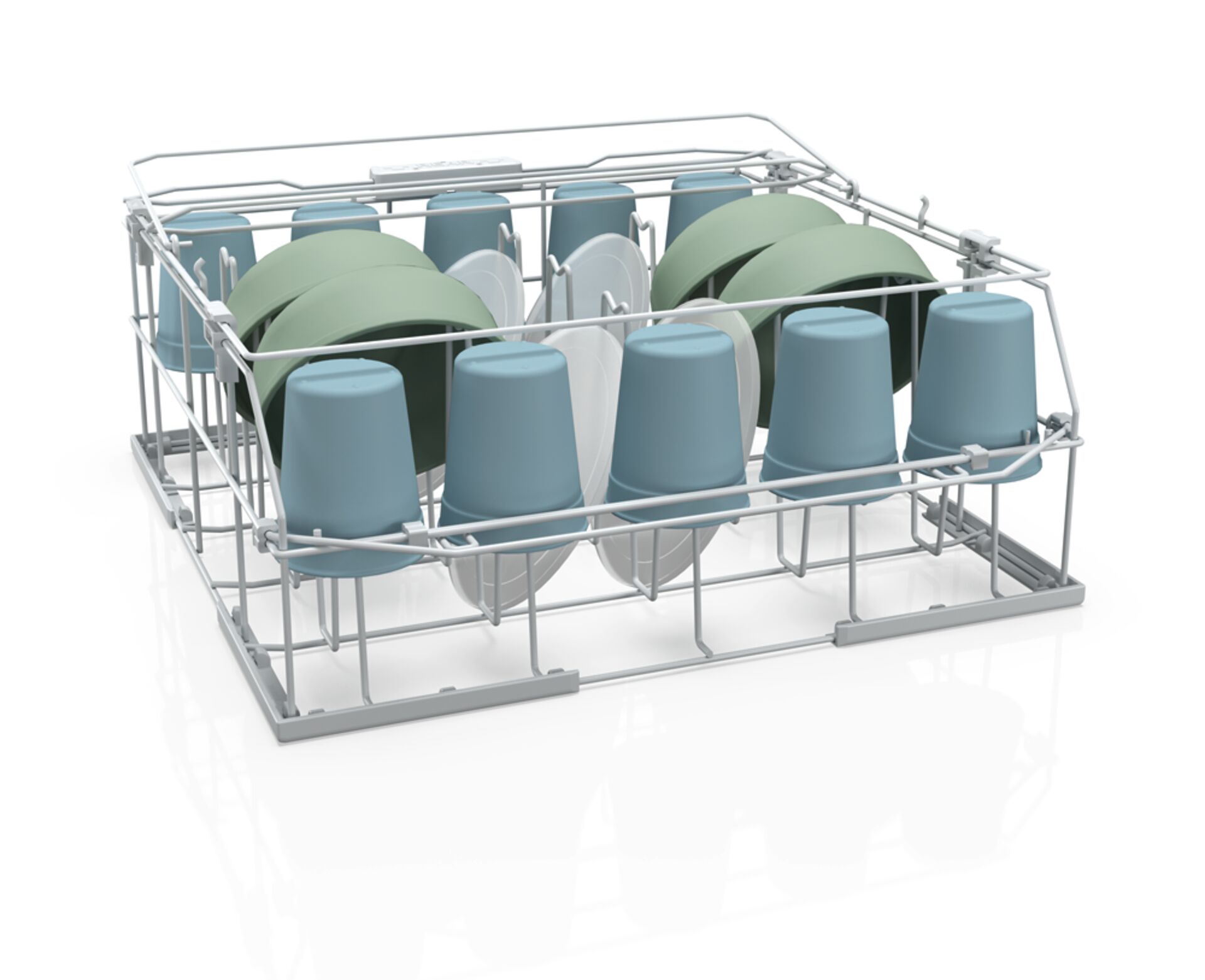
What reusables washing systems are available for foodservice?
Every foodservice professional is free to decide which type of reusables washing system they want to use. There are basically four different variants.
Pool system
With the pool system, you pay a fee to use reusables from an external service provider such as reCup (Recup and Rebowl), Relevo or Vytal. There are different billing models depending on the provider. The advantage: you save on investment costs for your own reusables range and customers can return the reusables to all participating catering establishments.
Interconnected system
An integrated system is an association of several foodservice establishments: the individual companies invest jointly in their own reusables washing system and thus share the costs. Interconnected systems are particularly interesting for regions, cities and demarcated areas such as markets or market halls. Here, too, customers can return their packaging to any of the participating businesses.
Island system
Another option is to purchase and use your own reusable packaging - this variant is known as an island system. The advantage is that you can print your logo on the packaging. The disadvantage, apart from the higher acquisition costs, is that the customer can only return the packaging to you. This is particularly unattractive for non-regular guests and one-off customers such as tourists.
Individual system
The individual system is a solution on the customer side: customers bring their own reusable packaging and have it filled on site. The advantages: As a foodservice professional, you do not bear any costs and the customer does not have to return the packaging. The customer is responsible for the transport, leakage safety and detergent of the packaging.
